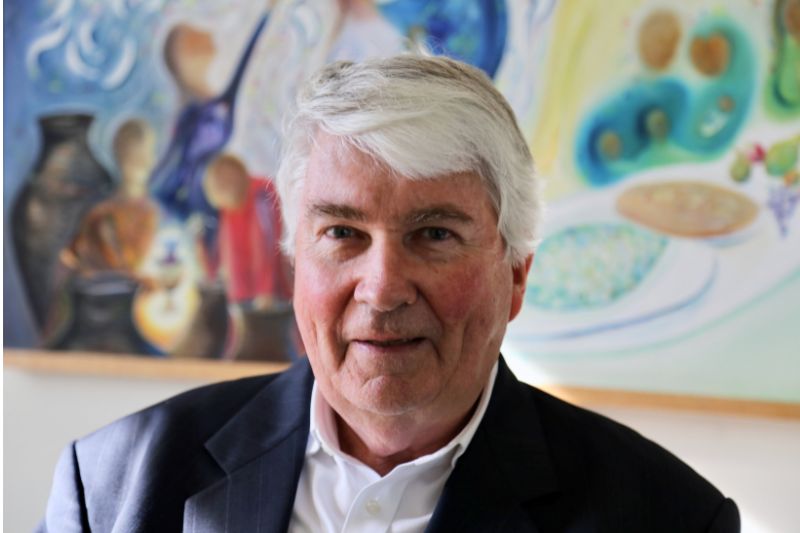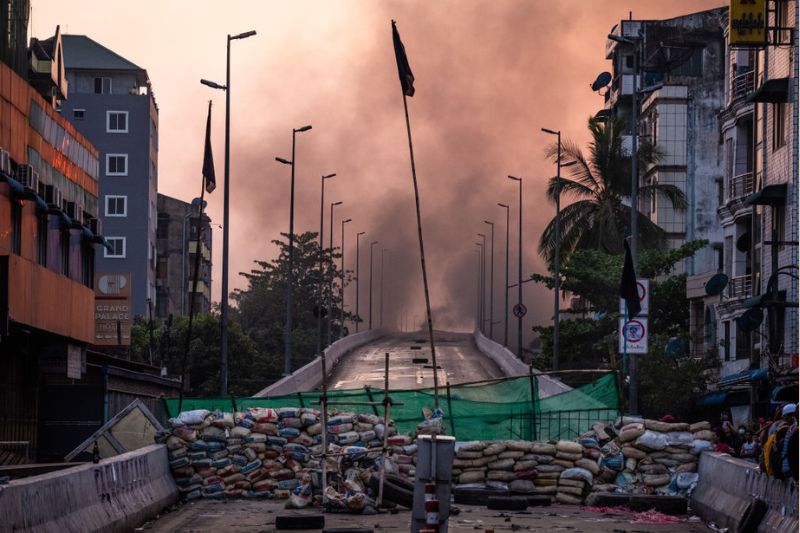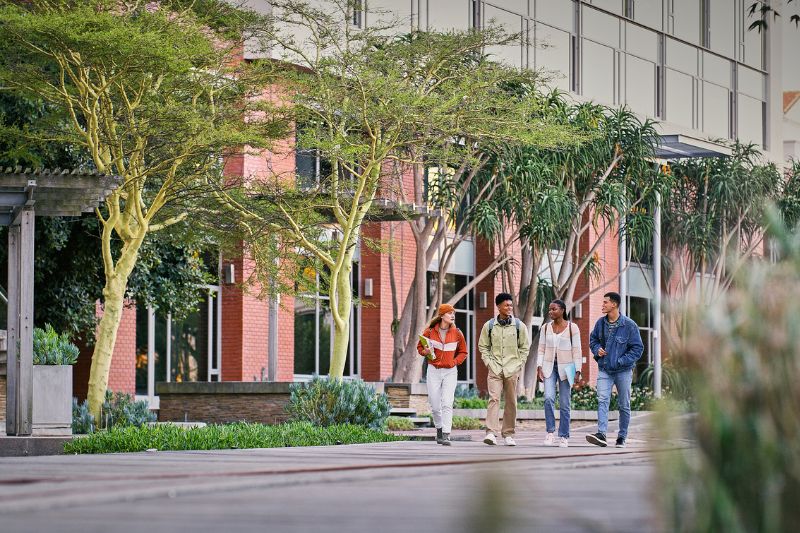Keywords: Catholic Education
-

RELIGION
- Jim McDermott
- 13 March 2025
Frank Brennan wears his prominence lightly. A priest, lawyer, and tireless advocate for Indigenous rights and refugees, he is as at home in political corridors as he is at the dinner table, welcoming friends with stories and good cheer. Now, celebrating 50 years as a Jesuit, he reflects on faith, justice, and a life of service.
READ MORE
-

INTERNATIONAL
- Anonymous
- 20 February 2025
Myanmar’s military-led turmoil drives millions from their homes, bombs local communities, and keeps democracy icon Aung San Suu Kyi behind bars. Once a nation of proud heritage and abundant resources, it now teeters on social and economic collapse. Our deep dive examines an enduring crisis and the determination powering an urgent call for change.
READ MORE
-

AUSTRALIA
- Peter Craven
- 05 December 2024
Tom Hughes, who passed away at 101, was a towering figure in Australia’s legal and political history. A barrister of dazzling skill, an Attorney-General with a penchant for reform, and a man of unshakable conviction, Hughes combined wit, charm, and grit to shape justice and inspire a legacy beyond party lines.
READ MORE
-

EDUCATION
- Erica Cervini
- 14 November 2024
4 Comments
At an ACU graduation event, students walked out in protest as Joe de Bruyn gave an address condemning abortion, single-parent IVF, and same-sex marriage. The event highlights tensions for Catholic institutions trying to balance traditional Catholic values while also embracing often opposing perspectives a diverse, pluralistic society.
READ MORE
-

INTERNATIONAL
- Robin Osborne
- 05 September 2024
1 Comment
Pope Francis has frequently voiced sympathy for refugee concerns and before leaving on this trip, he reaffirmed his call for safe migration pathways for people fleeing their own countries for fear of persecution, describing any refusal to harbour asylum seekers as a ‘grave sin’.
READ MORE
-

RELIGION
- John Warhurst
- 03 September 2024
8 Comments
Lay-led organizations, once marginalised, are now ascendant in the Church, challenging traditional hierarchies and redefining what church might look like in future. Ministerial Public Juridic Persons (MPJPs) have a growing influence, and for some, hold the potential for a more inclusive, lay-led Church.
READ MORE